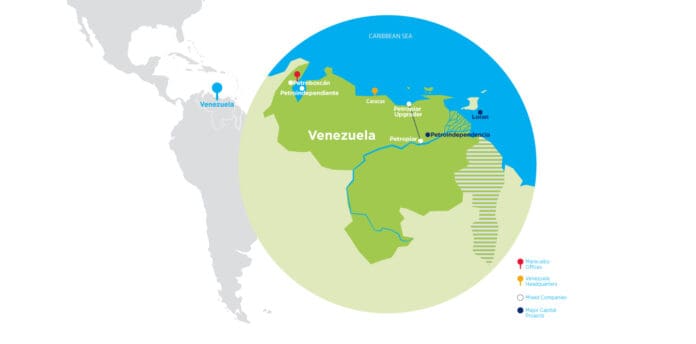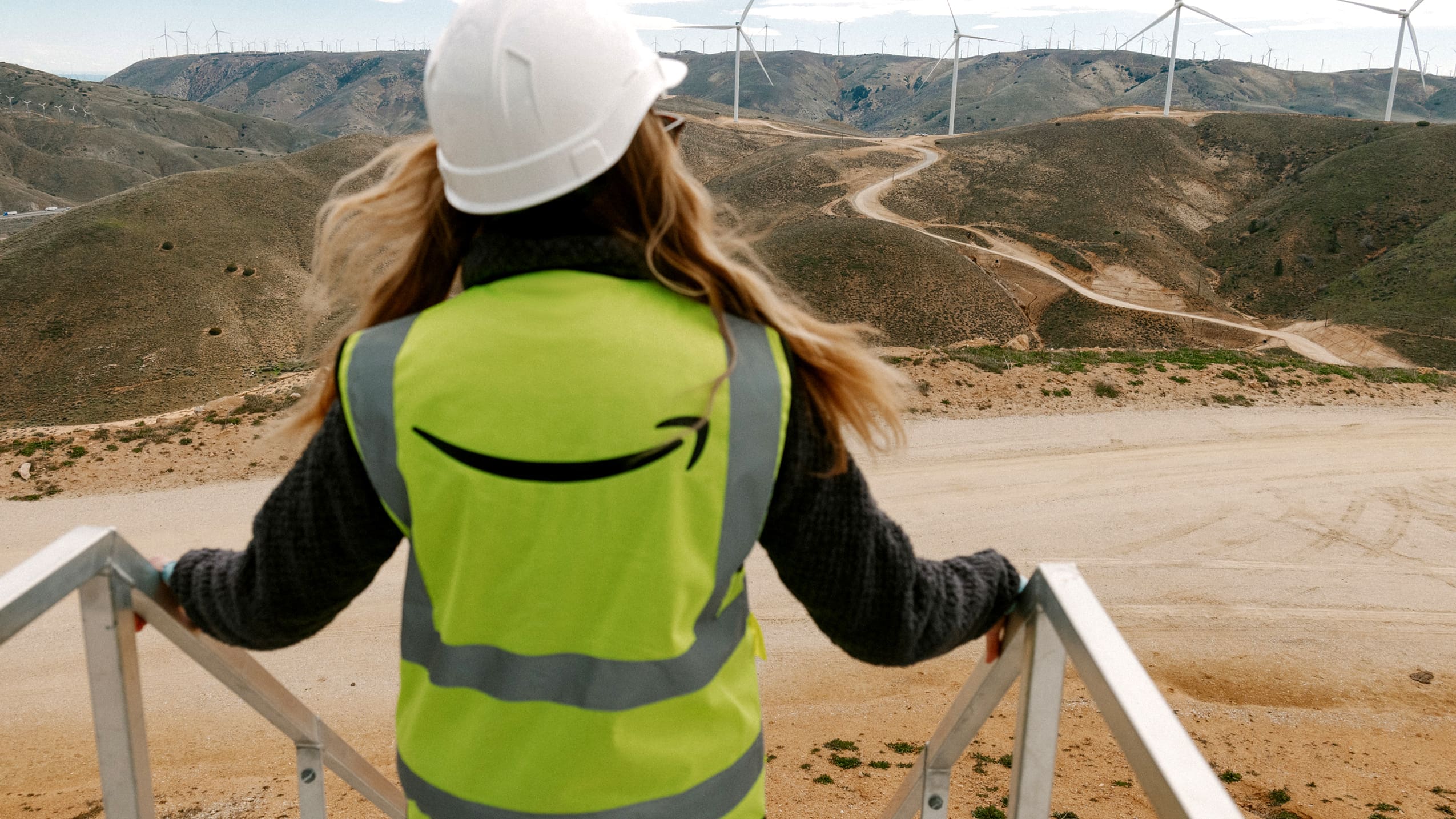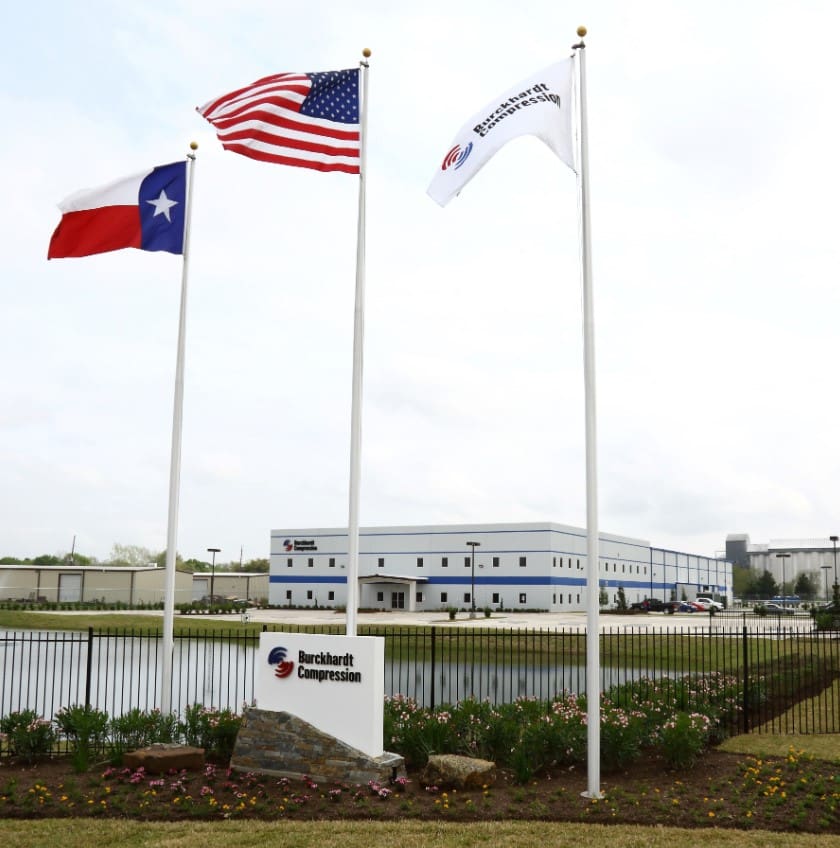On November 26,2022, the Unitary Platform and the Maduro regime announced the resumption of talks in Mexico City; a humanitarian agreement focused on education, health, food security, flood response, and electricity programs that will benefit the Venezuelan people; and agreement on the continuation of talks focused on the 2024 elections. Following this announcement and consistent with US government policy, the Department of the Treasury’s Office of Foreign Assets Control (OFAC) issued Venezuela General License (GL) 41, authorizing Chevron Corporation (Chevron) to resume limited natural resource extraction operations in Venezuela. This action reflects longstanding US policy to provide targeted sanctions relief based on concrete steps that alleviate the suffering of the Venezuelan people and support the restoration of democracy.
The authorization prevents Venezuelan state-owned oil and gas company, Petroleos de Venezuela S.A. (PdVSA), from receiving profits from the oil sales by Chevron. GL 41 authorizes activity related to Chevron’s joint ventures in Venezuela only and does not authorize other activity with PdVSA. Other Venezuela-related sanctions and restrictions imposed by the United States remain in place. The United States said it will vigorously enforce these sanctions and will continue to hold accountable any actor that engages in corruption, violates US laws, or abuses human rights in Venezuela.
GL 41 authorizes transactions ordinarily incident and necessary to certain activities related to the operation and management by Chevron or its subsidiaries of its joint ventures involving blocked Venezuelan state-owned oil company PdVSA or any entity PdVSA owns, directly or indirectly, a 50% or greater interest.
The Treasury said that the announcements by the Unitary Platform and the Maduro regime are important steps in the right direction to restore democracy in the country. The United States welcomes and supports the reopening of negotiations between the Unitary Platform and the Maduro regime, as part of our longstanding policy to support the peaceful restoration of democracy, free and fair elections, and respect for the rights and freedoms of Venezuelans.
Concurrent with the issuance of Venezuela GL 41, OFAC also issued public guidance indicating that US persons are authorized to provide goods and services for certain activities as specified in GL 41 and that non-US persons generally do not risk US sanctions exposure for facilitating transactions authorized by GL 41. In light of Venezuela GL 41, OFAC also extended Venezuela GL 8K and removed Chevron from that license.
A 180-Degree Reversal
In April 2020, the Trump Administration prohibited Chevron or any American company from drilling, bartering, or selling oil or petroleum products with the Maduro government of Venezuela. In Spring 2020, Chevron was the last remaining US oil and gas company operating in Venezuela. Many companies had left due to threats from an unstable political climate even though Venezuela has the most reserves of any oil and gas producer in the world.
The recent license to resume pumping oil is a complete reversal and dispels rumors that Chevron would permanently leave Venezuela. Pumping oil out of Venezuela also goes against many of Chevron’s ESG commitments, both in terms of lowering its carbon footprint and operating socially conscious projects that don’t support corrupt regimes. However, it’s worth mentioning that Chevron produced an average of just 42,000 barrels of oil per day from Venezuela in 2018 and 2019. Even if Chevron resumes Venezuelan oil production, it is unlikely to exceed 1% of its total production.
















